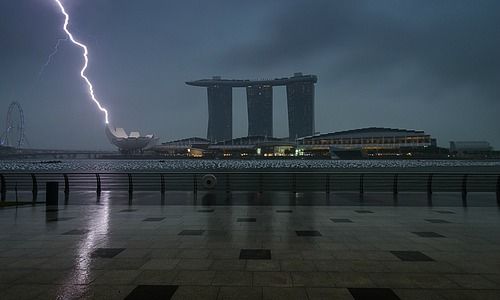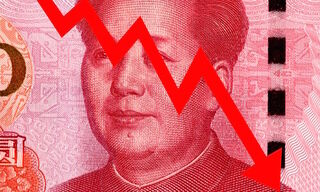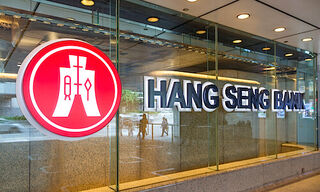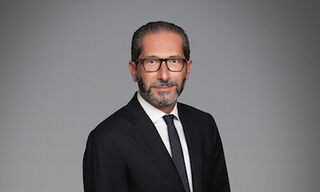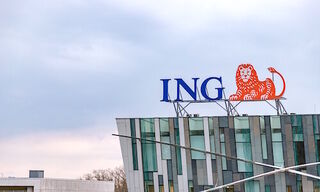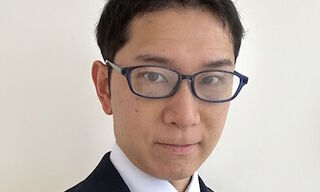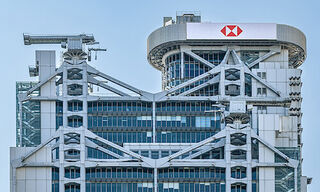Private banks eager to crack the flourishing Asian market for wealthy clients face an additional stepping stone following the BSI scandal: a surge in spending to detect whether they are being used to launder illicit funds.
Banks like UBS, Credit Suisse, Citigroup as well as newer entrants in Asia or even domestic banks already face an annual bill of an estimated $1.5 billion to comply with anti-money-laundering regulation in the region, according to a study published by risk firm LexisNexis in April. It is likely to get even worse.
Powerful Signal After BSI Demise
Singapore's financial regulator MAS is expected to send a powerful signal to both its domestic as well as foreign banks active in the city-state following BSI's unseemly demise last week. The Swiss private bank was ordered to shut operations in the city-state amid a series of money-laundering allegations from Swiss and Singapore regulators in connection with Malaysian state fund 1MDB.
MAS' determination to clean up its financial center and root out money laundering will inevitably translate to spending pain for the banks, a risk expert told «Bloomberg».
«Scrutiny on anti-money laundering, counter-terrorist financing, anti-bribery and corruption as well as tax transparency will endure and intensify in Asia,» LexisNexis executive Thomas C. Brown told «Bloomberg». «The MAS move last week may cause banks to increase their compliance spend pace even further.»
Already Heft Bills Set to Rise
Banks in Asia with more than $100 billion in assets already spend an average $15.8 billion complying with anti money-laundering regulation, according to LexisNexis's polling, and the vast majority of respondents expected that number to rise further even before BSI was shut down.
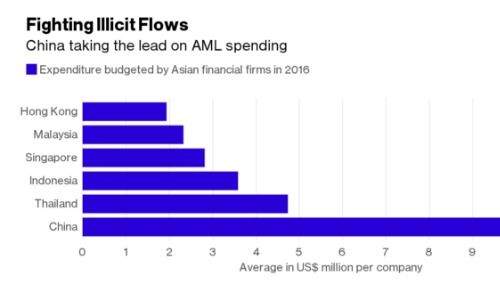
The costs of starting a banking business in Singapore are steep already in one of the most expensive cities in the world, with surging commercial property prices and a war for qualified banking talent.
Banks aren't entirely wrong to complain about compliance and regulatory bills continuously rising. However, the BSI case highlights how some banks have pushed regulatory boundaries and consistently ignored supervisory warnings.
MAS Had No Choice But to Act
MAS has little choice but to crack down hard on both BSI, which it has done, as well as bankers such as Yeo Jiawei, a former BSI wealth planner who faces nine charges including indictment to money laundering and perverting the course of justice.
MAS' actions have an immediate effect on BSI, which will reverberate for years among Singapore's remaining banks. Yeo's trial may begin as soon as next month in Singapore High Court.

